“Unterkunft Ukraine”: Hundreds of thousands of beds remain unused
The “Unterkunft Ukraine” initiative wanted to find hundreds of thousands of places to sleep for refugees. But the criticism of the voluntary bed donors is growing.
More than 360,000 private places to sleep for Ukrainian refugees are available in the database of “Unterkunft Ukraine” (“Accomodation Ukraine”), and more than 200,000 euros were crowdfunded via betterplace.org. The project is advertised by the Federal Ministry of the Interior. However, it is unclear how many of the sleeping places have already been arranged. Those responsible speak of “thousands” and that they have not yet recorded how many accommodations have been arranged. Aid organizations in Berlin are meanwhile criticizing the inaction of those responsible for the project and the fact that they are not accepting offers of support.
It’s Thursday, February 24th, the start of Russia’s war of aggression in Ukraine. Lukas Kunert, who feels a close connection to the country where he met his wife, wants to take action and do something for the people who are now having to flee. Just a few hours later, the idea for “Unterkunft Ukraine” was born: a platform for private accommodation that is made available to refugees in Germany free of charge. The response is already great on the first day, and within the first three days volunteers will offer a five-digit number of beds. “We were overwhelmed by the response and it was clear: We can’t just do it on our own,” says Kunert, who with his start-up Elinor is not active in the area of housing exchanges. He looks for partners for his idea.
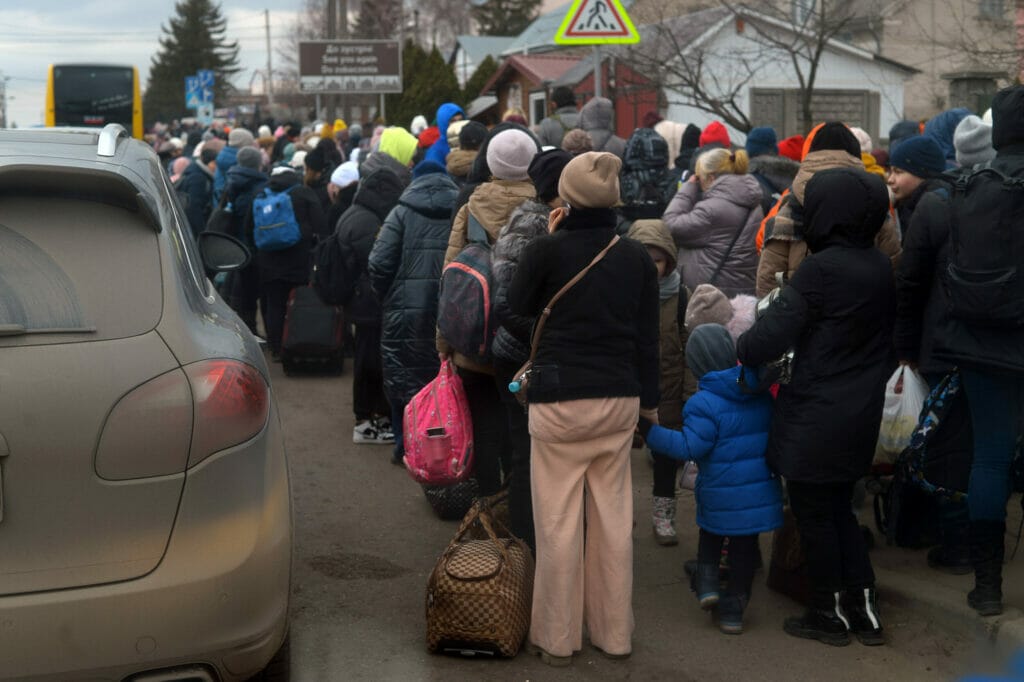
On that third day, an initial conversation takes place with Felix Oldenburg. He is on the board of the non-profit gut.org AG, offers his support and says: “It was clear: the project needs a non-profit organization as its responsible body. It’s also about credibility.” He asked his fellow board members for permission, who agreed. So now the project has a non-profit sponsor, and a little over a week later an official cooperation with the Federal Ministry of the Interior follows. In the meantime, the insurance provider “ERGO” takes on liability insurance for everyone who finds a place to stay through “Unterkunft Ukraine”. Project initiator Lukas Kunert gives interviews in many major media outlets, changes his mailbox message so that he no longer listens to messages, is difficult to reach by phone, Oldenburg speaks of a “viral effect”.
Accommodation numbers fall short of expectations
What has become of the many beds on offer? Oldenburg admits that there is a “backlog” that needs to be worked off. How many accommodations have been worked out in the meantime? Oldenburg explains: “You always have to multiply the number of accommodations by three, since an average of three people are accommodated.” But then he cannot say exactly which number should be multiplied by 3. “Initially we didn’t make a note of how many people were placed. That just wasn’t the focus; it was an emergency.” The partner organizations are also not currently collecting the data consistently; a tool for this is currently being worked on so that reliable figures will be available in the future. In any case, there are “thousands,” says Oldenburg, apologizing for the “unsatisfactory” answer.
Sebastian is among those who want to provide accommodation through “Accommodation Ukraine”. On March 9, he registered it online and then received an automated email. “I haven’t heard anything since then,” he says. On the same day he also offered the same accommodation via “ www.warmes-bett.de ” – three inquiries had come from there in the meantime.
Oldenburg explains why progress has fallen short of the great expectations that were apparently placed on them, among other things, with the high safety standards that they applied. That slows down the process. “It was immediately clear to us that safety must come first. For example, we only place women with women,” he says. But were the standards really that high from the beginning of the project?
Project start with a lack of safety standards
Despite the digital data collection, the team from Unterkunft Ukraine started out completely analogue – with apartment offers on cardboard signs at Berlin Central Station. Oldenburg explains: “In the beginning, refugees mainly arrived in Berlin and it wasn’t redistributed yet, so we initially concentrated on Berlin.”
Christian Lüder from the network “Berlin hilft” remembers the apartment placement service using a cardboard sign at the main station, or rather: its prelude. “We received an email that we initially thought was a scam; a call for help from Elinor, the co-operator of Accommodation Ukraine, who asked to come to the main train station with cardboard signs with apartment offers,” he says.
The e-mail also contained a request for forwarding so that it reached an unknown number of people. At the time, they – he and the representatives of other initiatives that have been supporting refugees since 2015 – considered this approach to be absolutely out of the question and unsafe and accordingly warned: “It was not even noted who was taken home by whom.”
In fact, as feared, there were unpleasant experiences for the refugees. The federal police had to issue “dubious men” who tried to lure women and children to their homes, sometimes even offering money to do so. (The author reported on incidents at the main train station .) So the apartment placement ended after a few days using a cardboard sign.
Project manager: “We have learned and improved.”
Confronted with this depiction, Oldenburg comments: “I was at the main train station, what was happening there was very impressive. But I also spoke there with the federal police and the Berlin police, who had to fish out one or the other and issued a place reference, and I learned from it.” They have established an identification procedure, so no accommodation provider can register on their platform without ID. In addition, sleeping places would never be provided purely digitally, but always with the involvement of aid organizations or volunteers from “Unterkunft Ukraine”; ideally, a third person is present at each handover: “The procedure is unique.” So far, he is not aware of any digital, automated model that can guarantee such a high security standard for those involved. Their current goal is therefore to make her data available to aid organizations that are established on site.
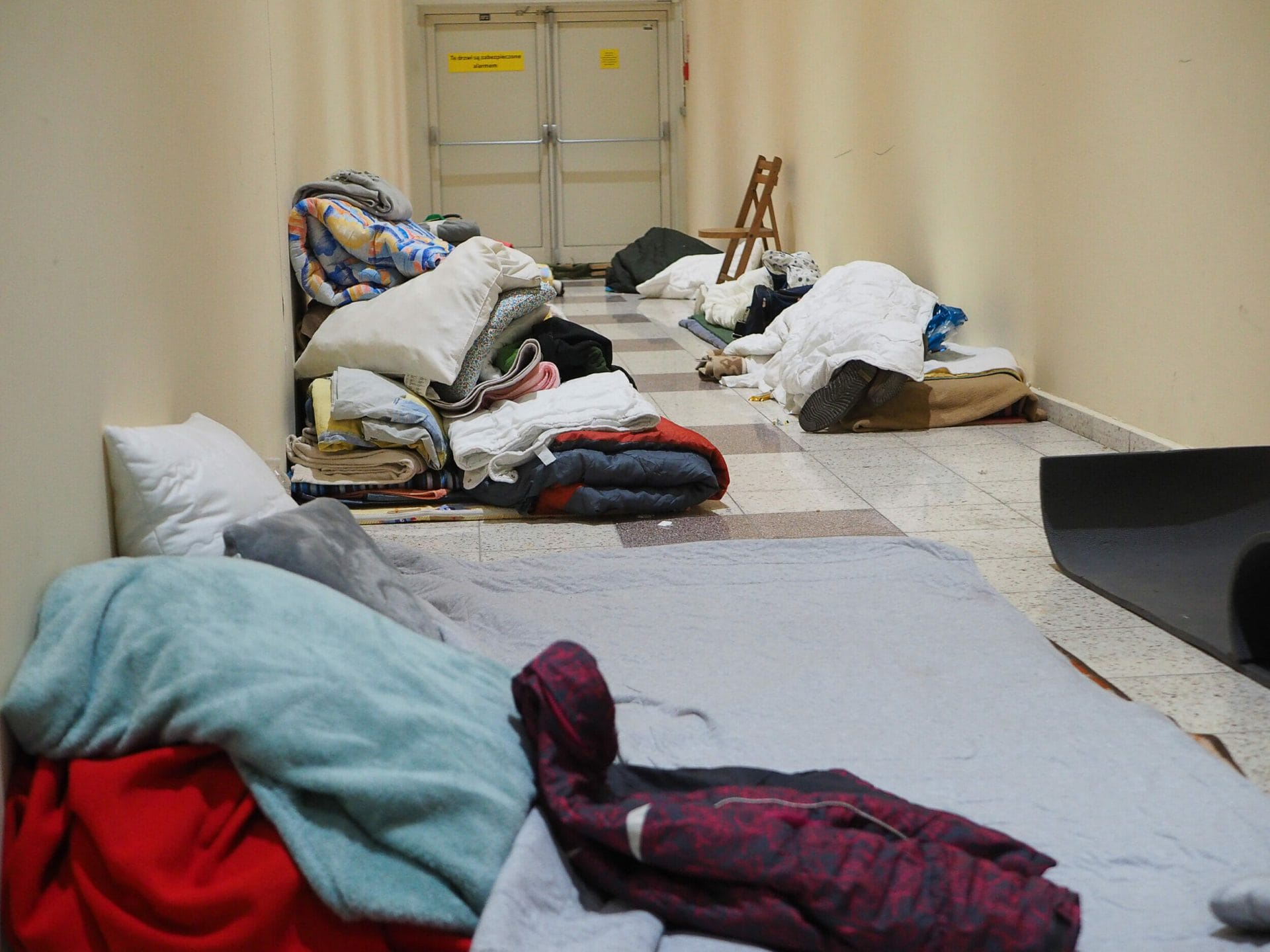
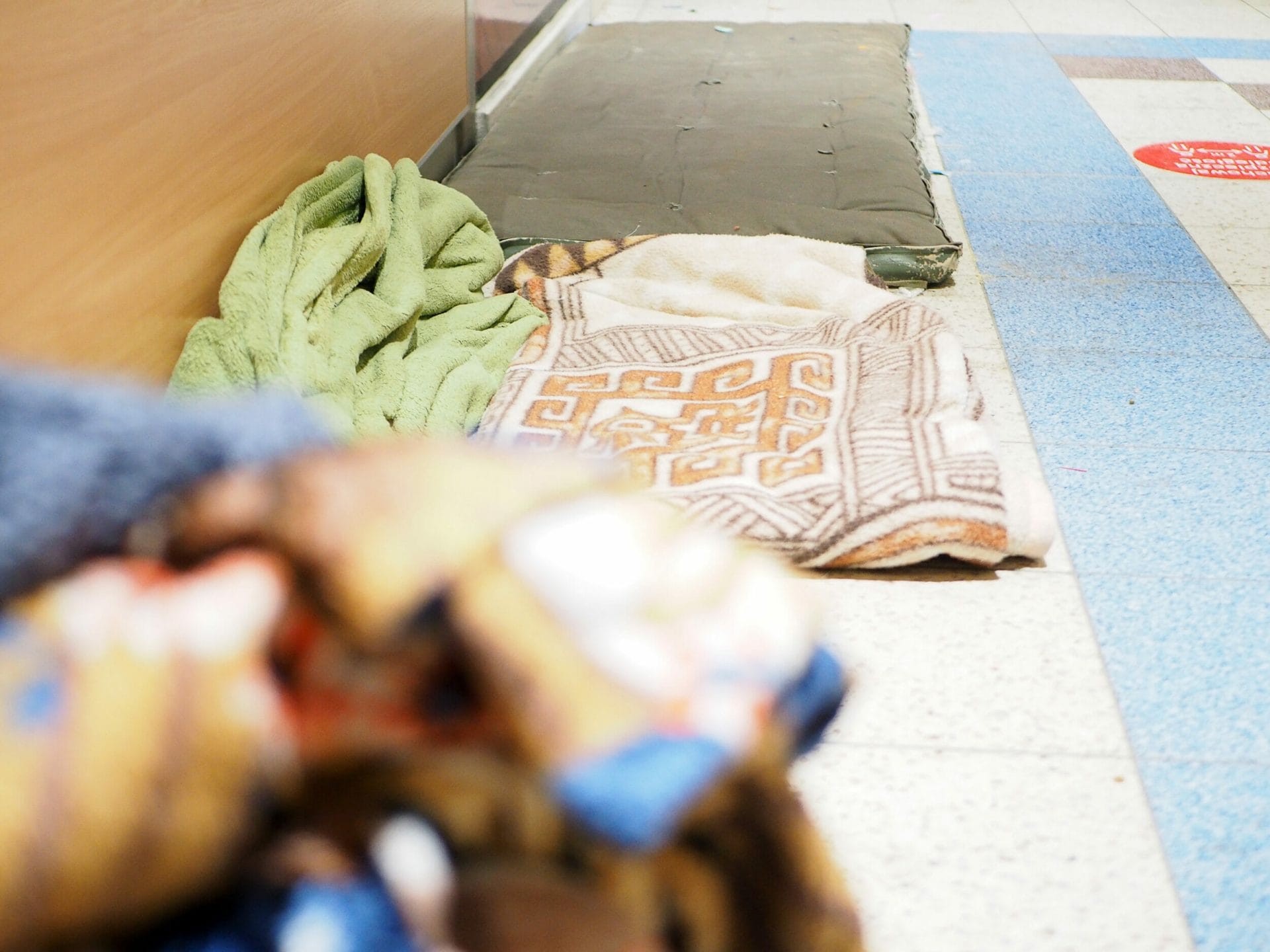
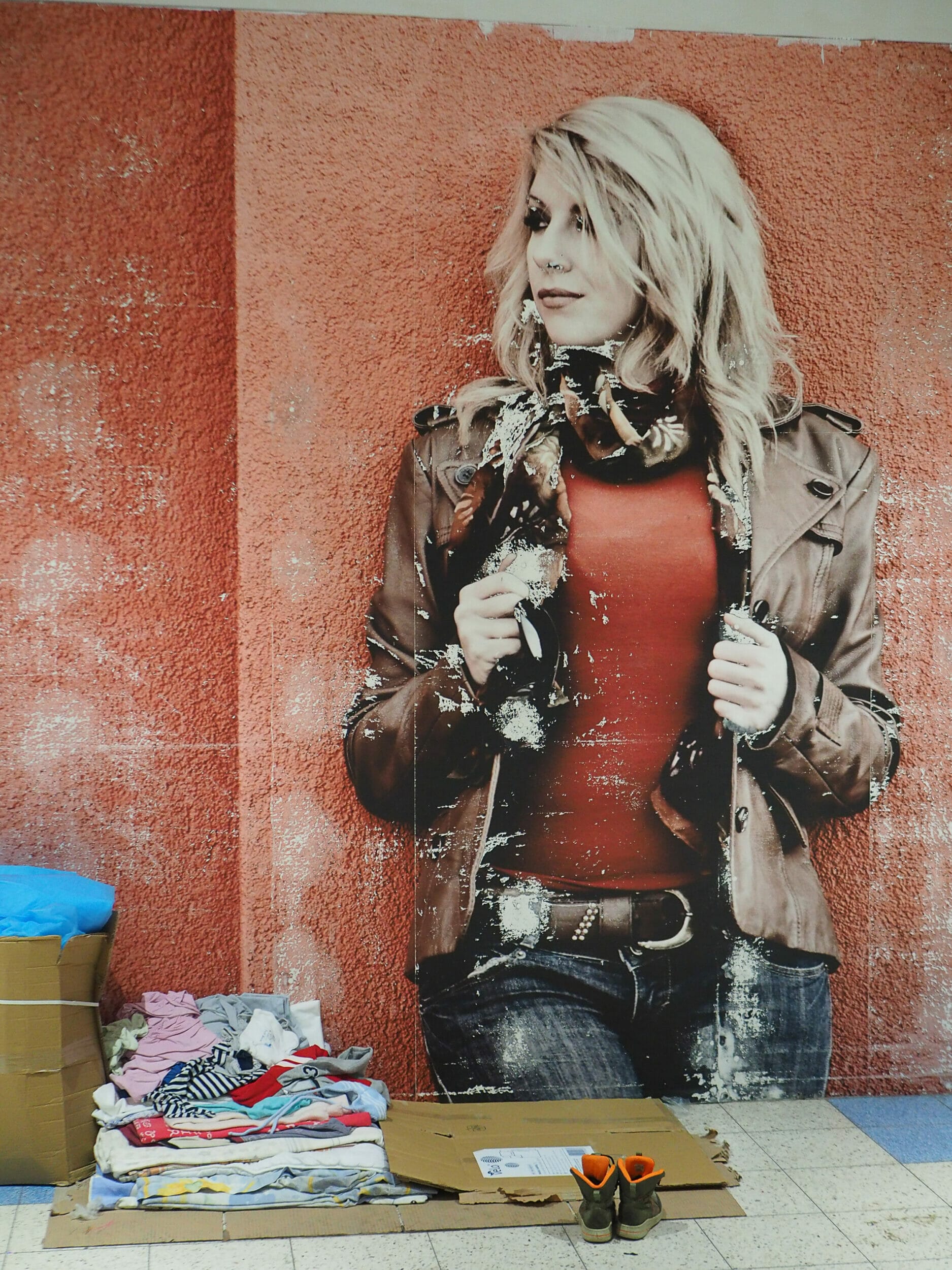
Through the cooperation with the BMI, municipalities were also informed about their project, around 50 had already reported back to cooperate. “If a digital solution is found, our higher goal can also change. We are constantly learning. If we had had this conversation a week ago, it would have been very different,” emphasizes Oldenburg. At the current time, however, he would answer the question in the affirmative that the higher goal of their offer is a “data hub” with a security check and not a complete brokerage service. Currently, depending on the situation, they are always self-mediating; for example in the form of a hotline. But that should not be continued permanently: “It is not the strategy that we do everything ourselves.”
Therefore, since the cardboard sign campaign at Berlin Central Station, cooperation with organizations that manages bed offers in the name of “Unterkunft Ukraine” has been expanded, Oldenburg describes. When asked about the number of cooperation partners in Berlin, he stumbled briefly: “There are two with whom we work continuously, but we have asked for more. I would have to clarify the current status first, something changes every few days. Berlin is always very confusing.”
Berlin aid organizations criticize the lack of cooperation
Representatives of “Unterkunft Ukraine” also contacted Lüder to work with his initiative: “Unfortunately, despite two long talks, nothing happened.” For almost a week they have been waiting for the promised cooperation agreement in order to become active for “Accommodation Ukraine” and to arrange accommodation. He also said on Saturday evening that there was no sign of the promised instructions on how the accommodation should be brokered securely and in compliance with data protection regulations in the initiative’s electronic mailbox. The representatives of other Berlin aid organizations experienced something similar.
In an open letter, they now turn to the makers of “Accommodation Ukraine”. Together they offer their support for the project and urge them to accept it. “It’s not about you or us, it’s about people who urgently need safe places to sleep,” the letter says and continues: “We have an extreme situation, we expect a massive increase in the number of refugees, we can’t afford it , denying refugees places to sleep because they are too proud to be helped.”
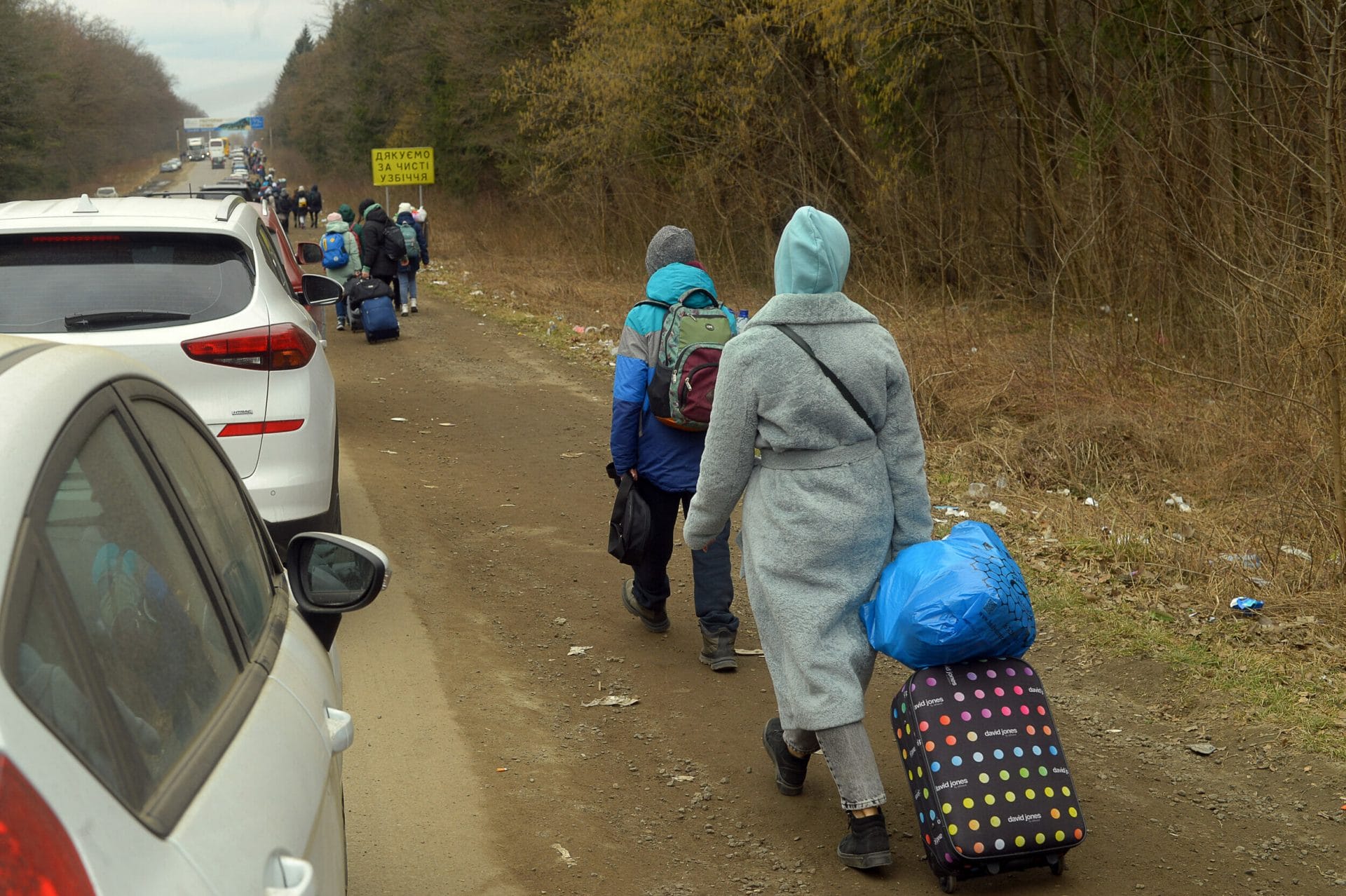
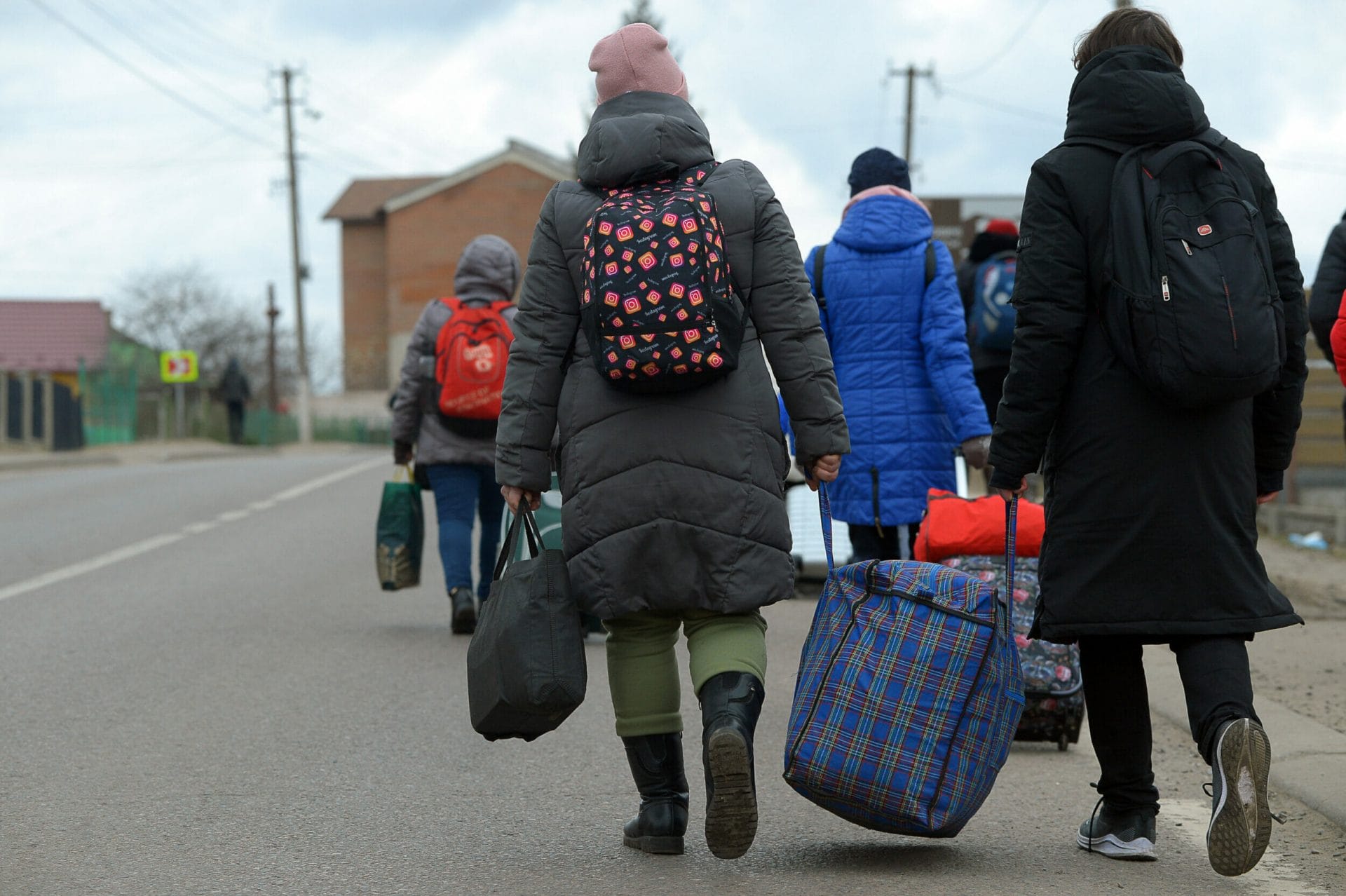
The financing of the project also raises questions. The cooperation agreement, which is available to the author of this article, includes the passage: “Each party bears the costs arising from the activities within the scope of this cooperation itself.” Oldenburg explains that the about 200,000 euros collected via crowdfunding are intended to reimburse her own team for travel and technology costs, but above all for the future: “It became clear to us early on that we had a treasure here . We want to make this permanent, because we think that people who once provide housing might do so again. Imagine what that could have contributed to the flood in the Ahr Valley or in other crises.” So now a separate company should be spun off with a small full-time team.
What does the BMI say about the situation?
Vorgeschlagene Beiträge
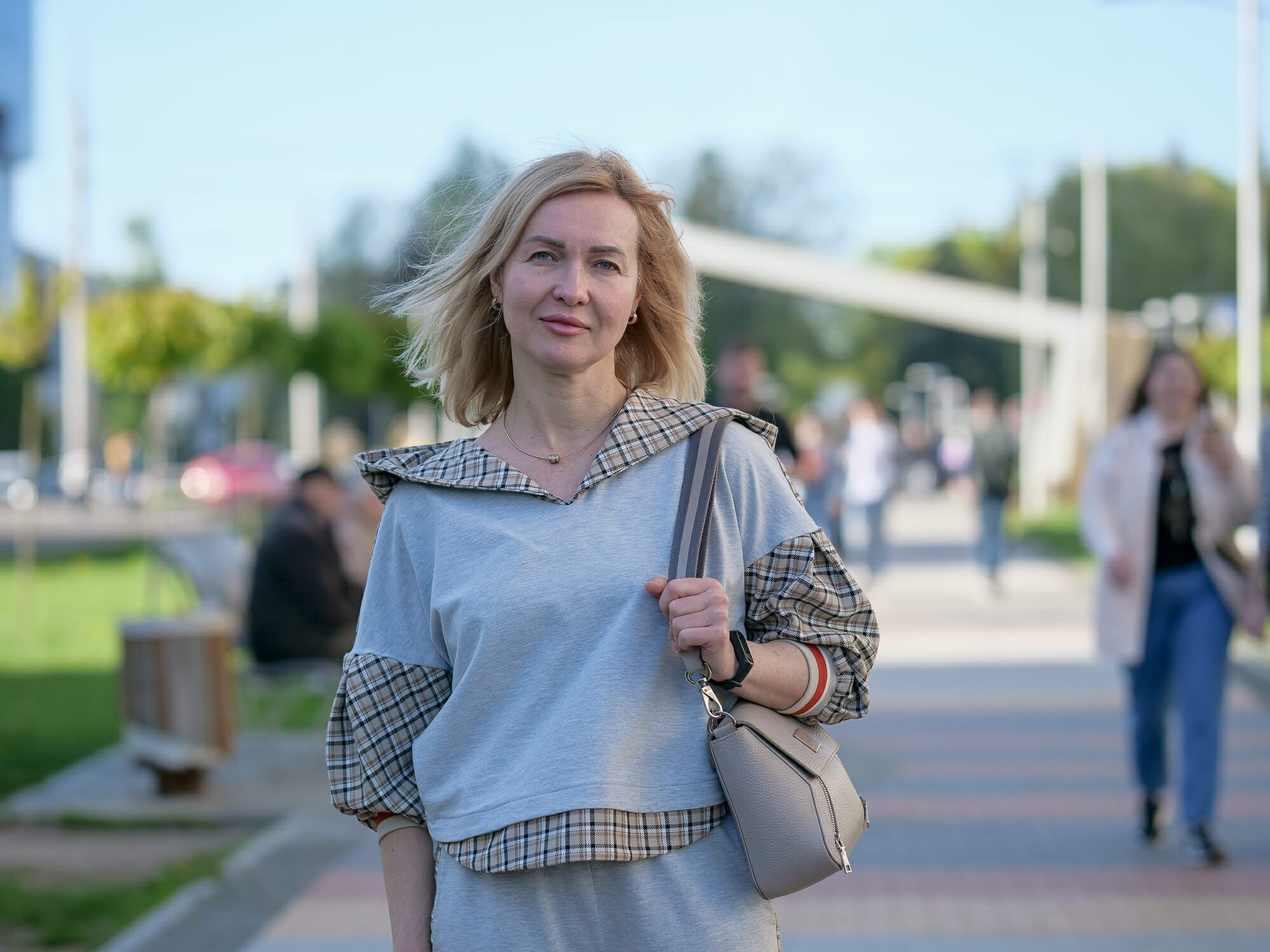
Tatiana Ovays: IDP from Sievierodonetsk starts over in Vinnytsia
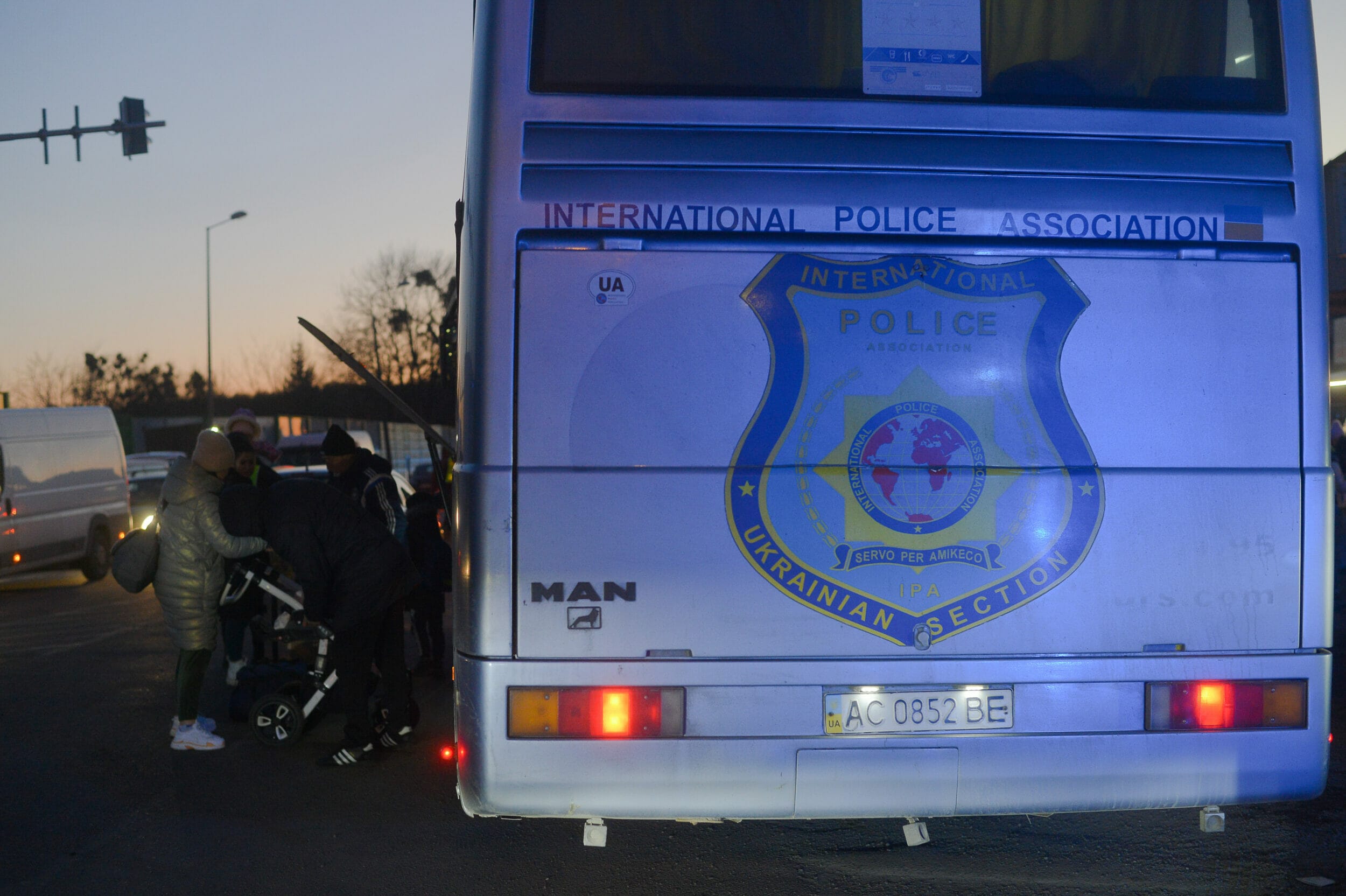
From Afghanistan and Ukraine: A family flees for the second time
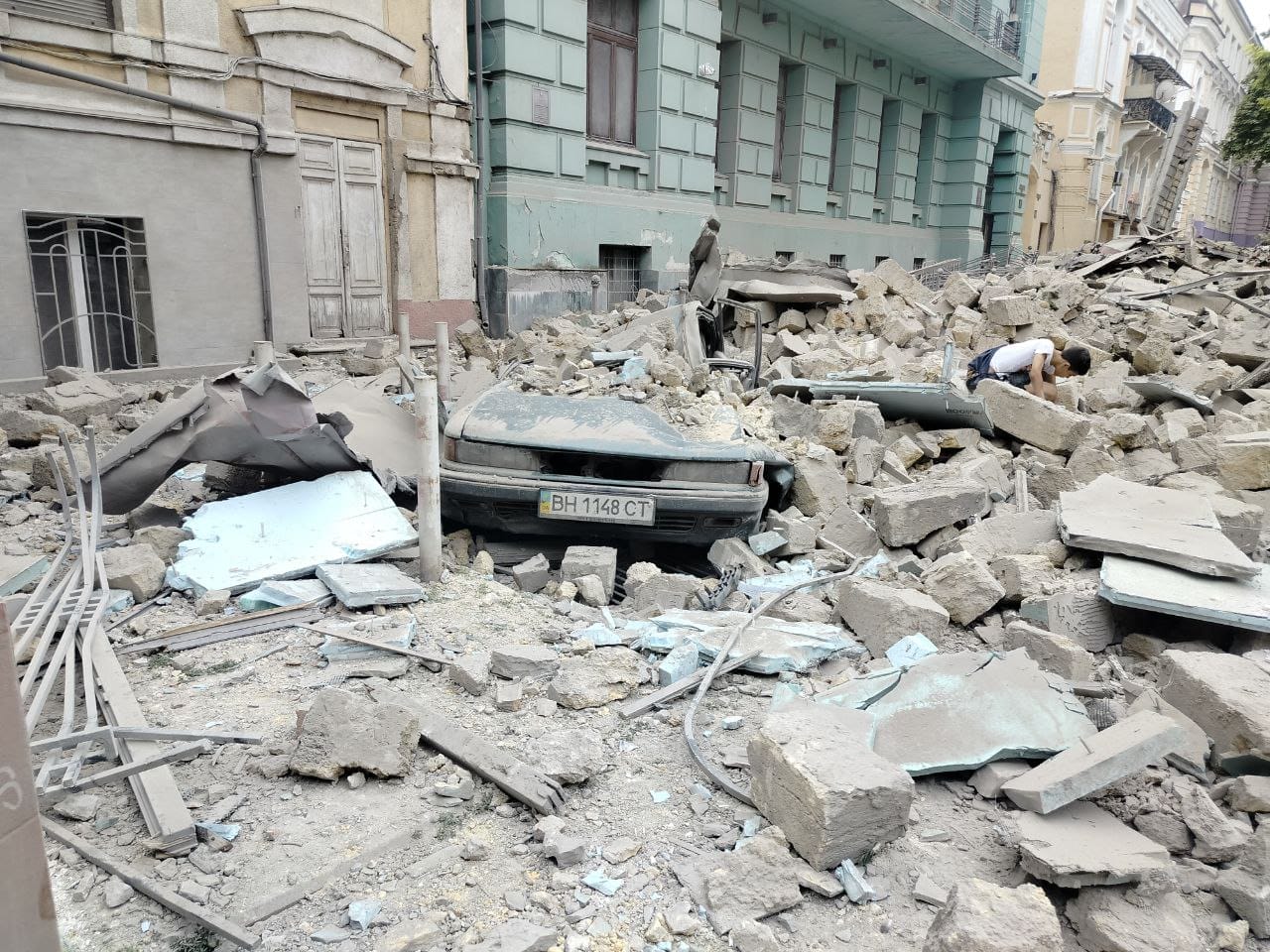
The lessons of living with war
- Autor:in
- Mehr Beiträge
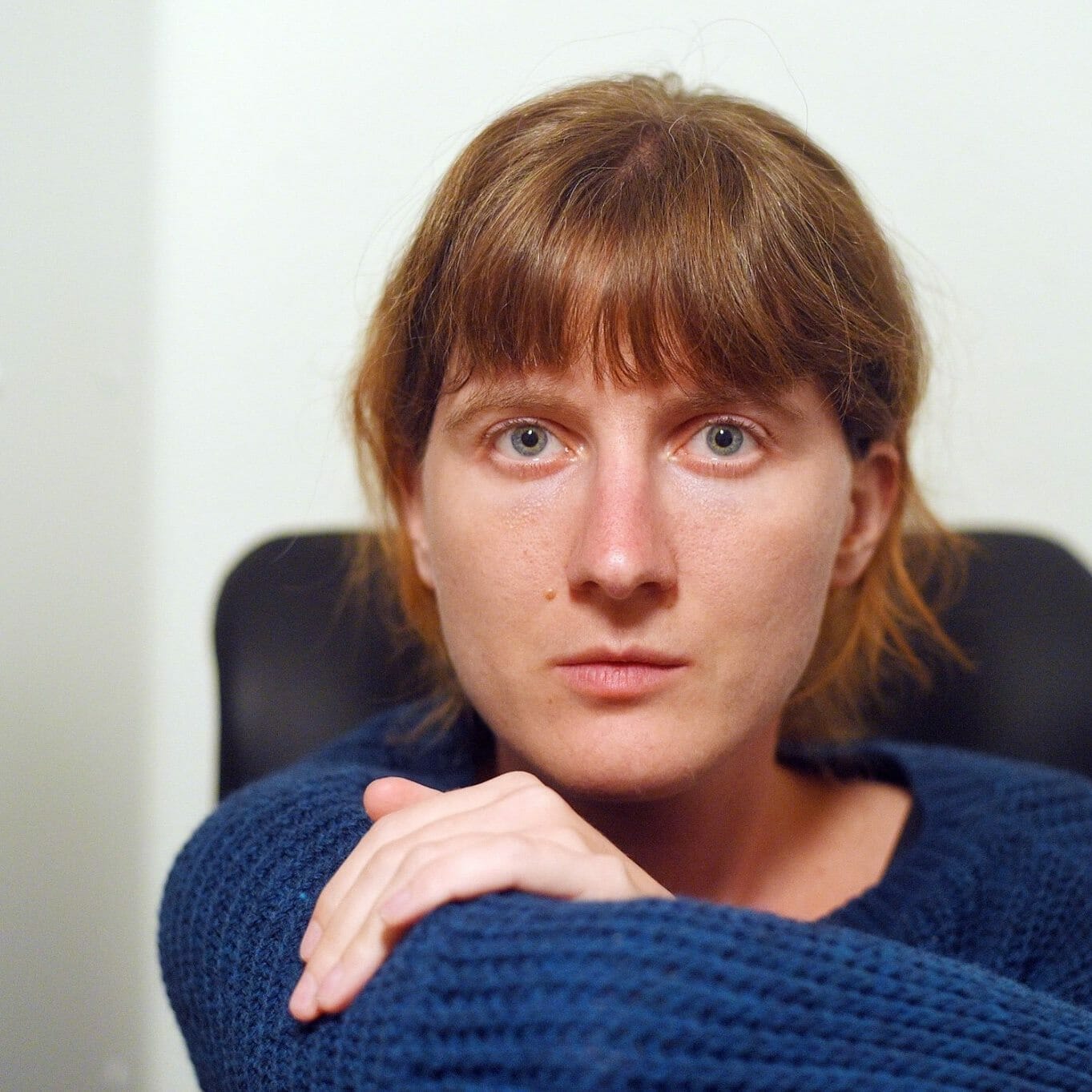
Freie Fotografin seit 2009, freie Journalistin seit 2011, Mitbegründerin von Witness Europe und Report vor Ort.

Leave a Reply
You must be logged in to post a comment.